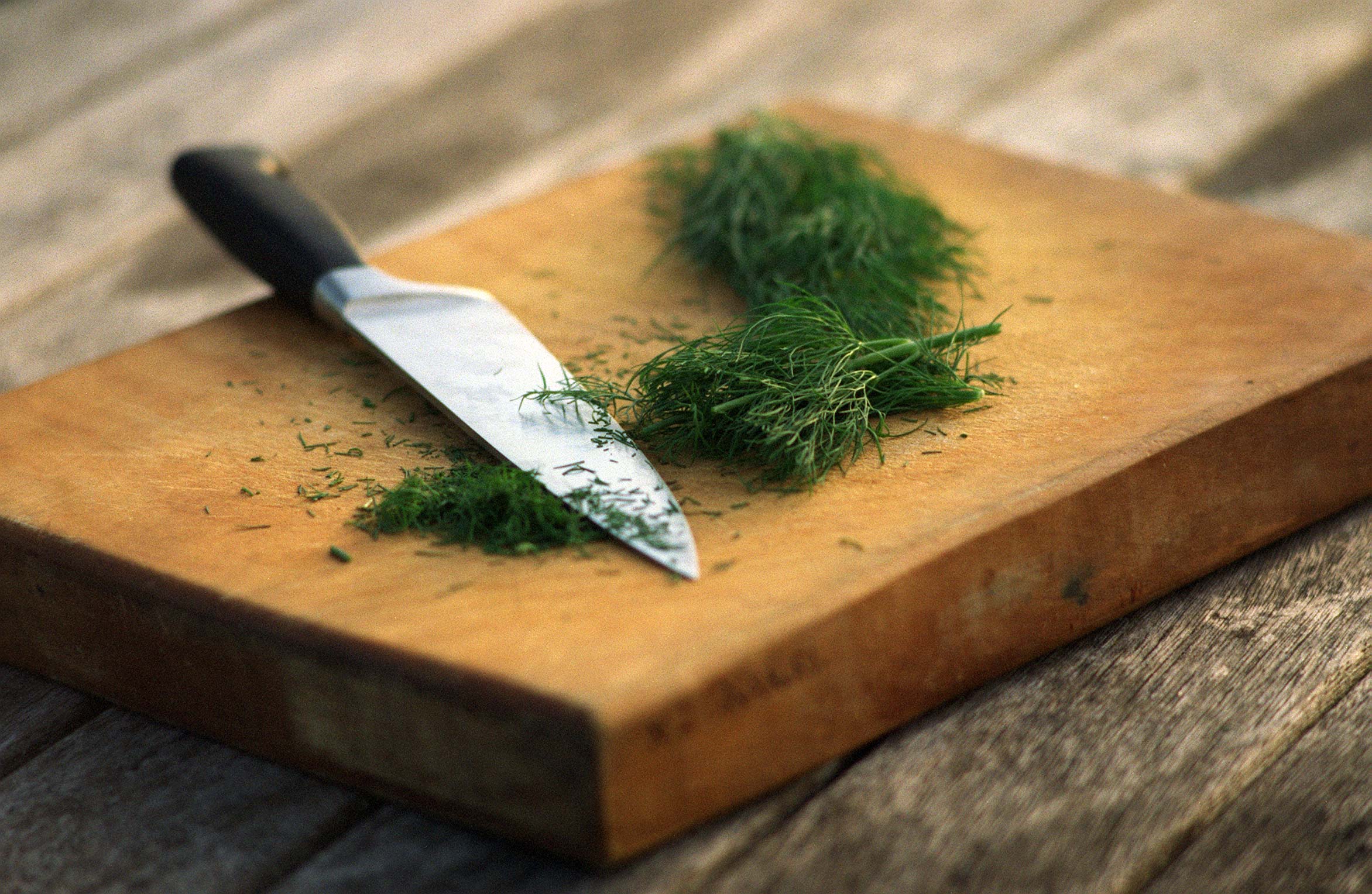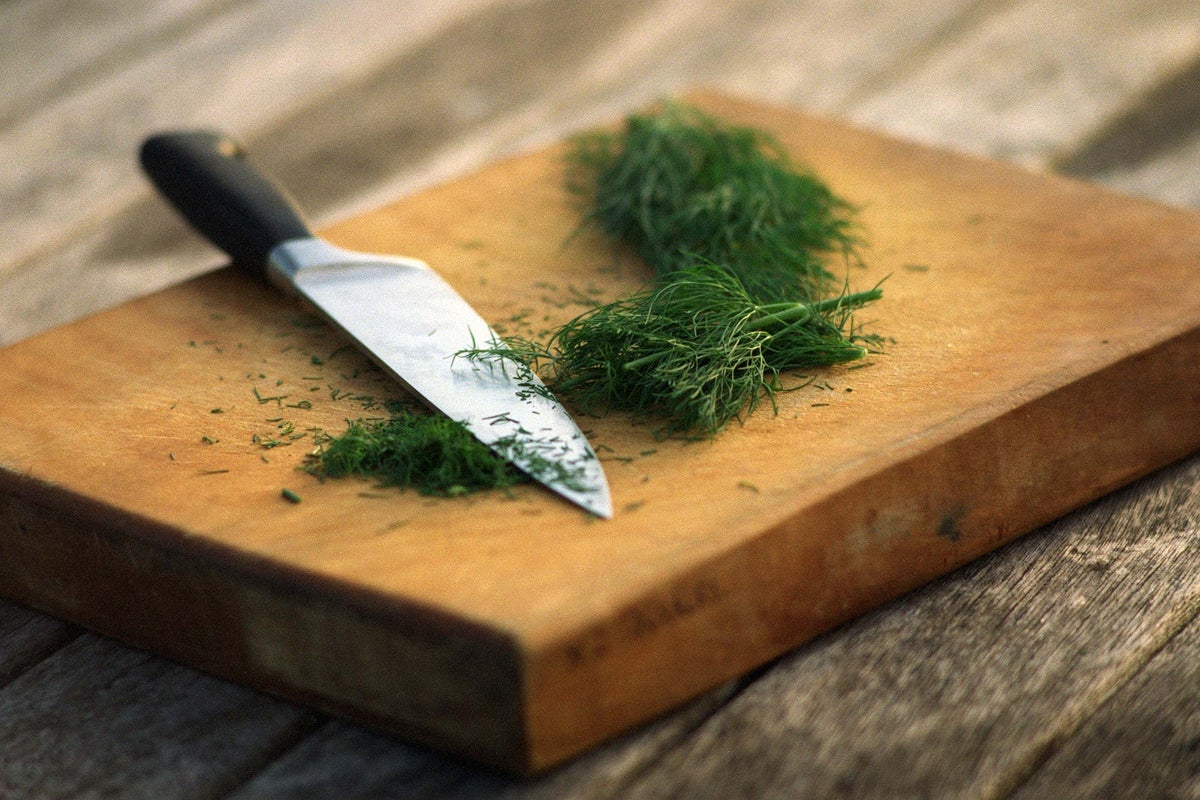Your support helps us to tell the story
From reproductive rights to climate change to Big Tech, The Independent is on the ground when the story is developing. Whether it’s investigating the financials of Elon Musk’s pro-Trump PAC or producing our latest documentary, ‘The A Word’, which shines a light on the American women fighting for reproductive rights, we know how important it is to parse out the facts from the messaging.
At such a critical moment in US history, we need reporters on the ground. Your donation allows us to keep sending journalists to speak to both sides of the story.
The Independent is trusted by Americans across the entire political spectrum. And unlike many other quality news outlets, we choose not to lock Americans out of our reporting and analysis with paywalls. We believe quality journalism should be available to everyone, paid for by those who can afford it.
Your support makes all the difference.Read more
Dill is an often underused herb that offers many potential benefits just waiting to be discovered – and remain unknown by many.
The herb has critical nutrients that help ward off life-threatening conditions, such as heart disease and stroke. It is packed with flavonoids, which are plant-based chemicals that play an important role in fighting cancer and boosting immune health.
Experts say they also help us age better, boost brain health and stave off harmful inflammation.
“Flavonoids are well known for reducing oxidative stress and inflammation, supporting blood vessel health and even helping to maintain skeletal muscle mass — all of which are important for preventing frailty and maintaining physical function and mental health as we age,” Dr. Aedin Cassidy, a professor from Ireland’s Queen’s University Belfast, explained in a statement.
But that’s not all.

open image in gallery
This herb is used in one of Americans’ favorite vegetables. But many may not know much about the health benefits it can provide. (Getty Images)
Just a tablespoon of the skinny, green plant is rich in vision-protecting vitamin A , immune-guarding vitamin C and the high blood pressure-fighting minerals calcium and potassium. Plus, previous research shows that dill can reduce harmful levels of bad cholesterol that may build up in the arteries and lead to a heart attack or stroke.
With just 43 calories per two-thirds of a cup, people can find it fresh or dried in most markets and grocery stores.
Most people only need a sprinkle of its feathery leaves to reap the rewards.
The grassy, licorice-sweet herb can be used chopped fresh over a deviled egg, in a cucumber and cream cheese sandwich, stirred into a yogurt-based dip or baked into a loaf of bread.
Traditionally, dill was used by the ancient Egyptians to ward off evil spirits – and as a diuretic.

open image in gallery
Kumar Rocker of the Texas Rangers drinks a couple of shots of pickle juice at Globe Life Field in Arlington, Texas, last June. Pickle juice is often used by athletes to prevent muscle cramps (Getty Images)
Still, most Americans know dill from its use to flavor delicious, salty pickles.
Fermented pickles are a good source of probiotics and electrolytes that regulate hydration, as long as you don’t overload, according to the Cleveland Clinic.
They also have sodium, which athletes need after sweating a lot, and muscle cramp-reducing vitamin K.
“We’ve seen some people resolve cramping in their legs with a shot of pickle juice. Athletes will also often use pickle juice as an electrolyte replacement if they’re not using an oral rehydration solution,” registered dietitian Beth Czerwony told the clinic.

